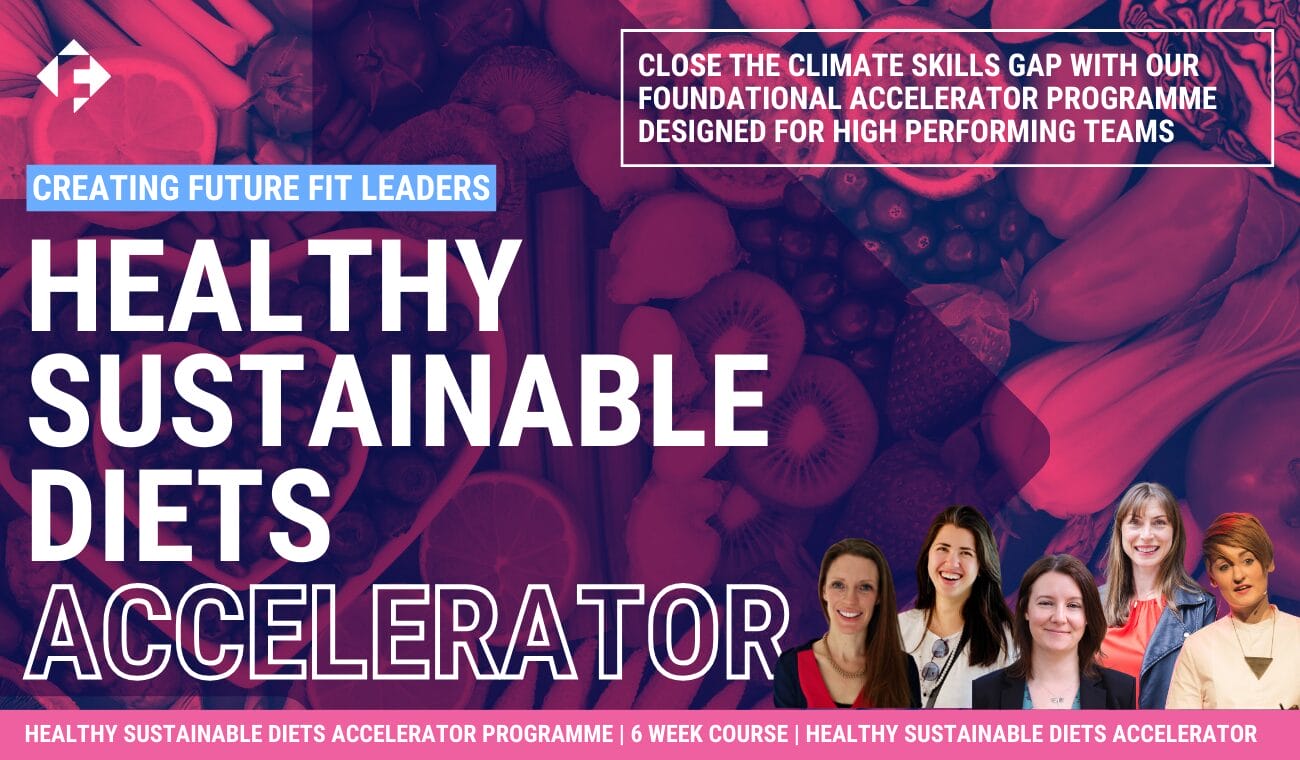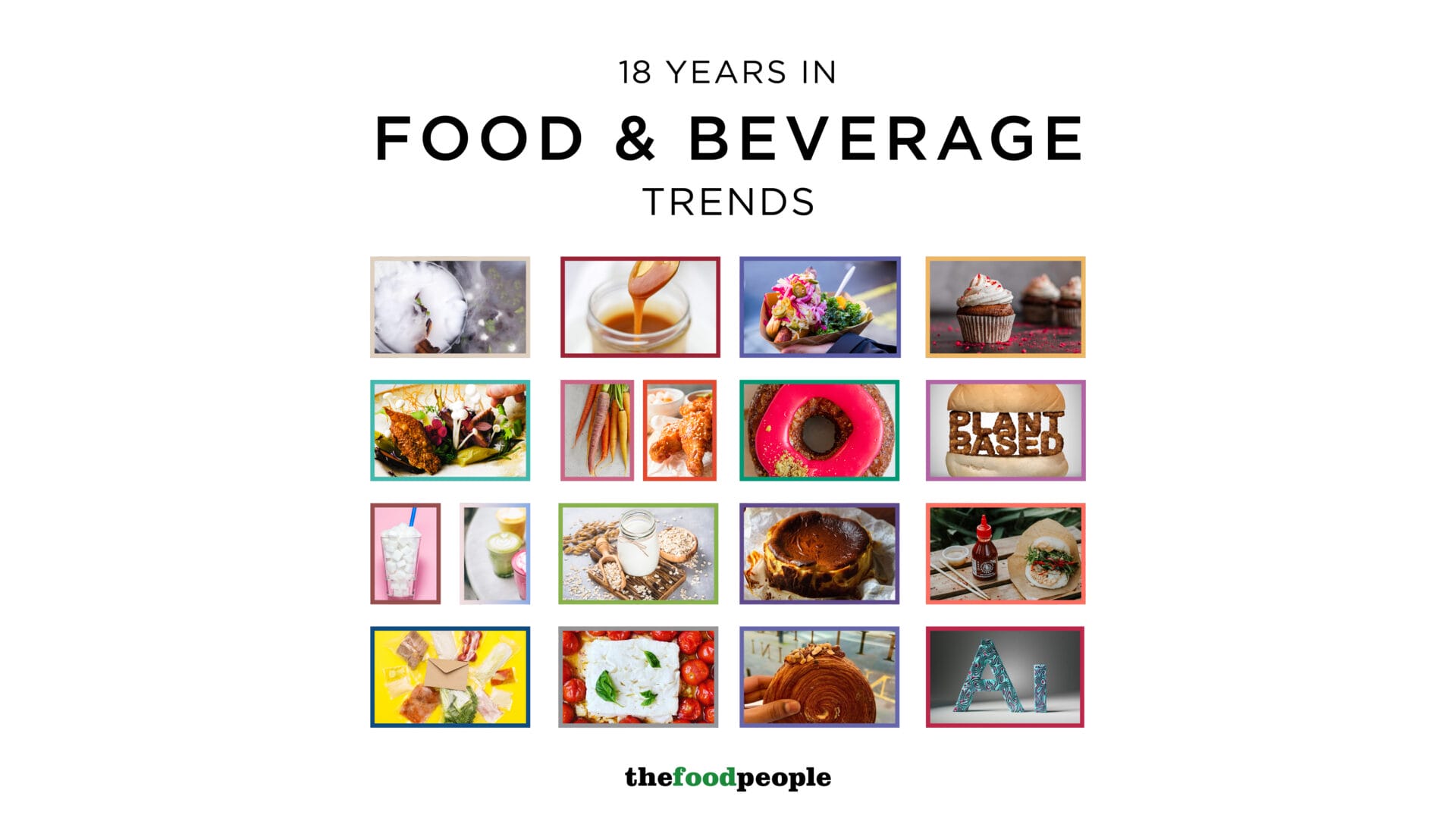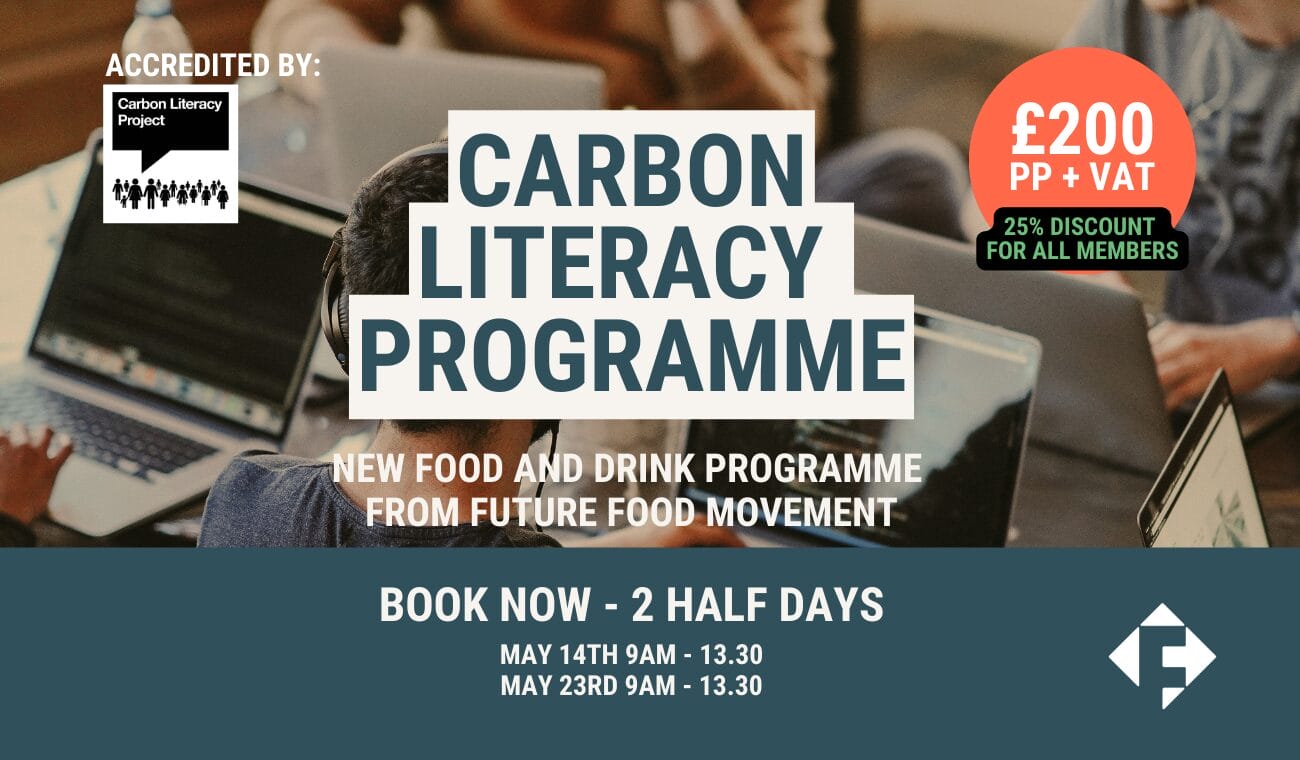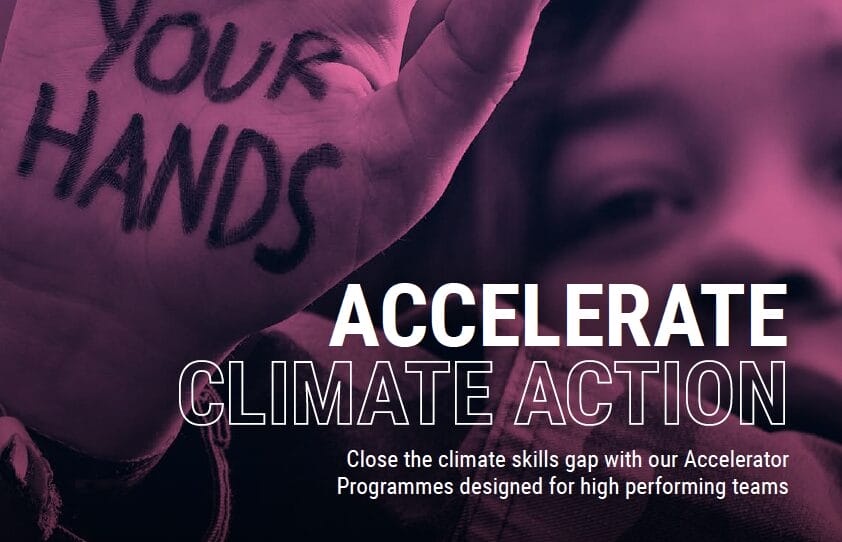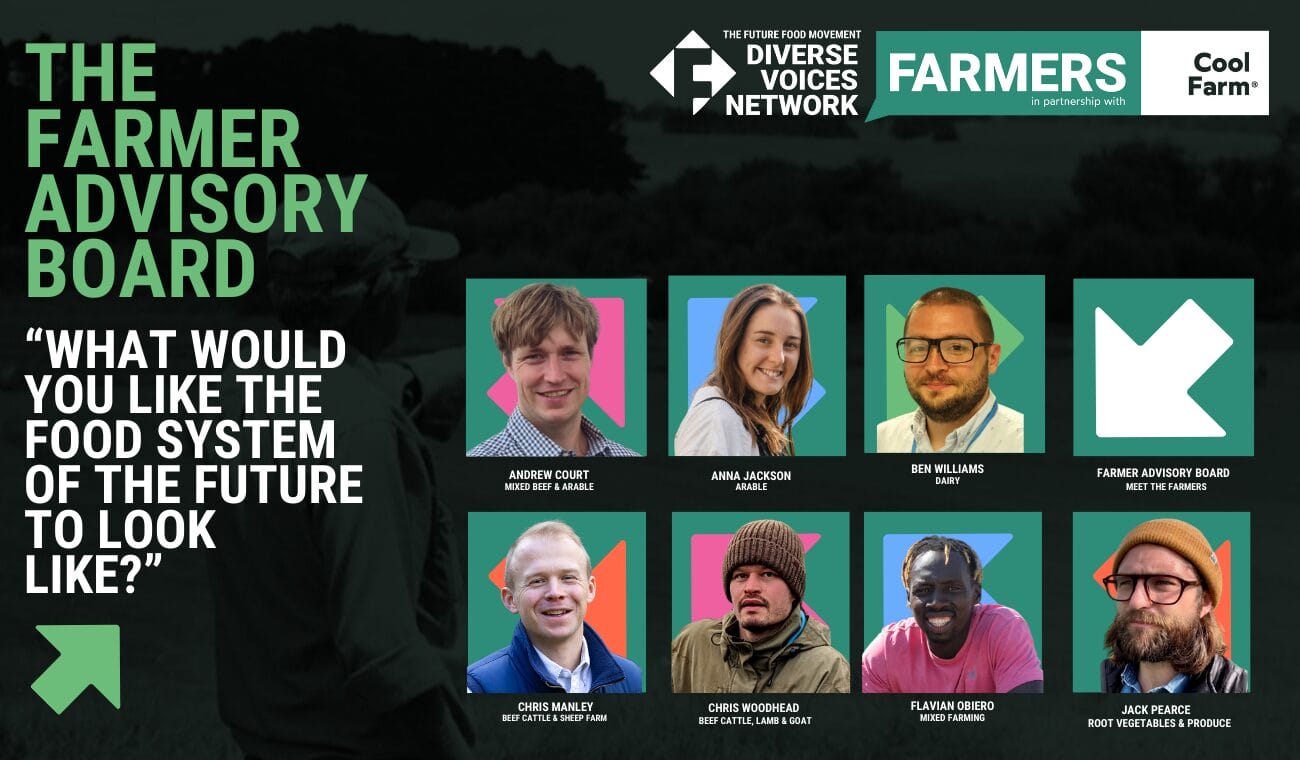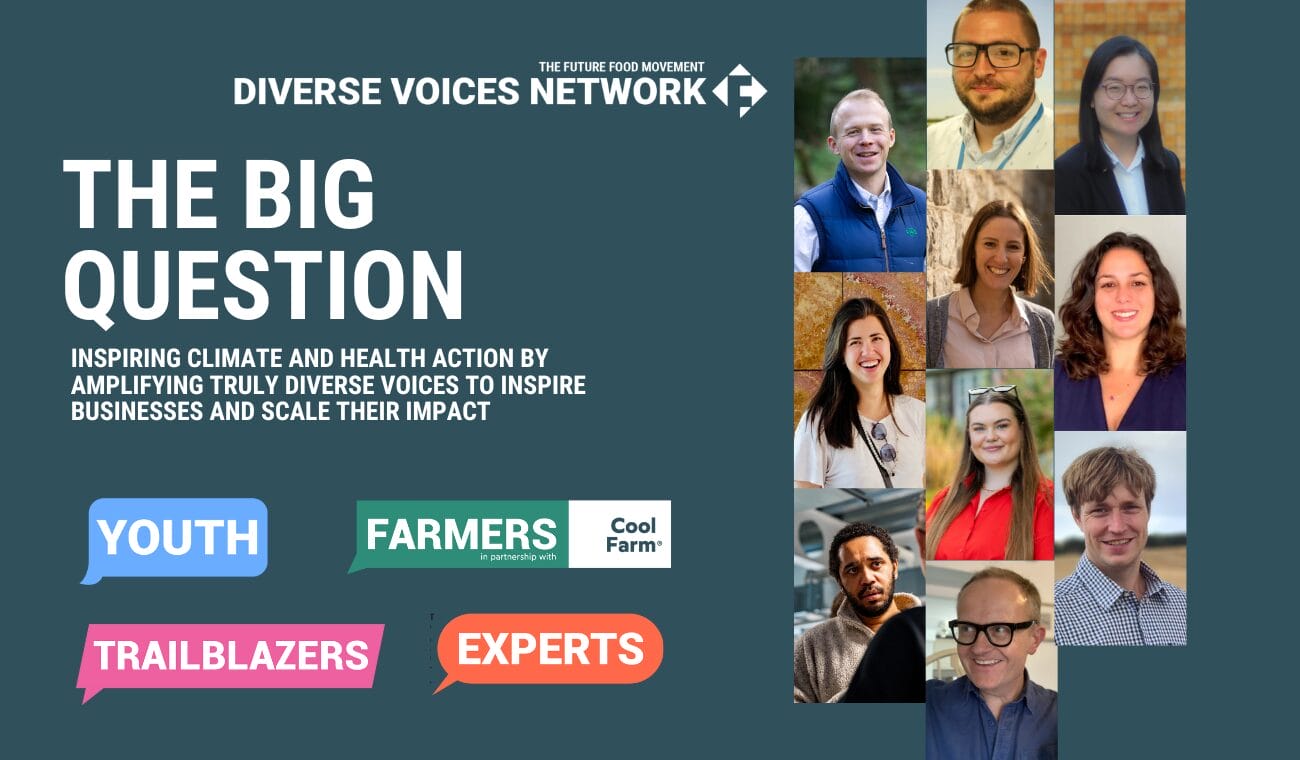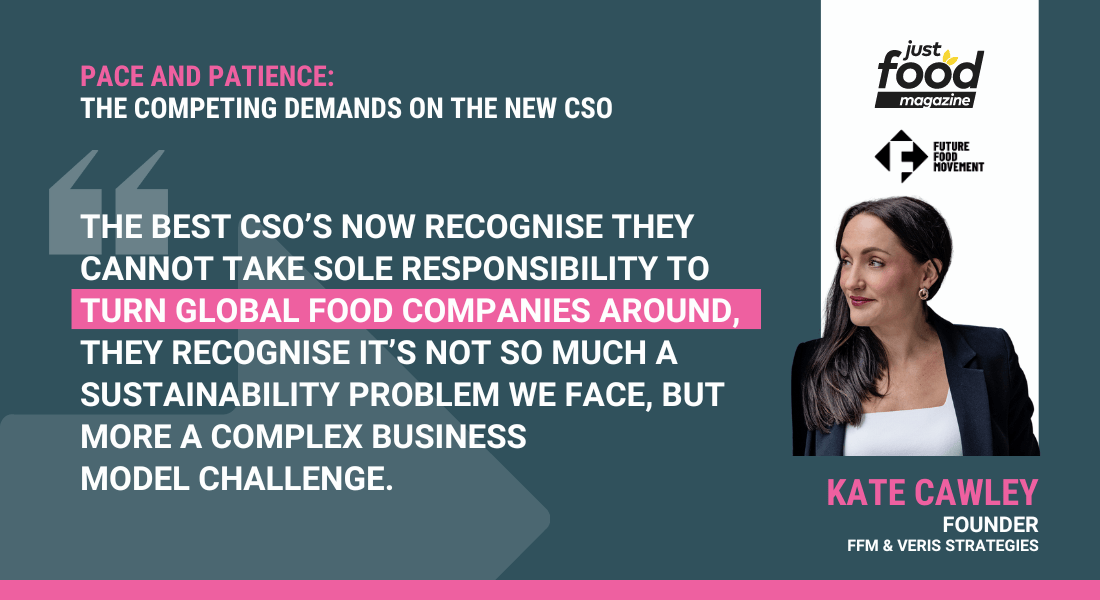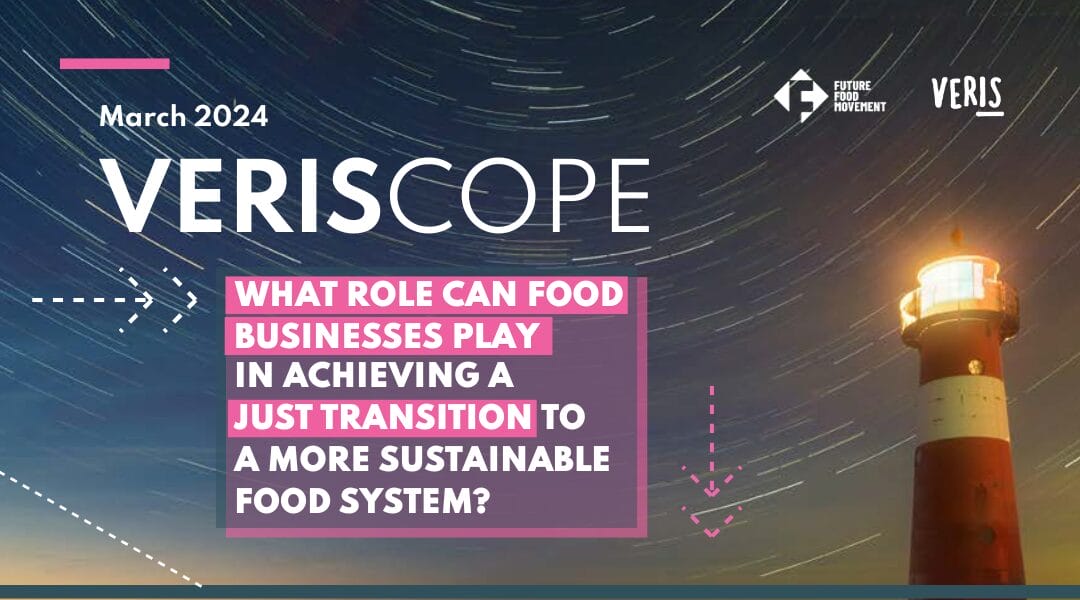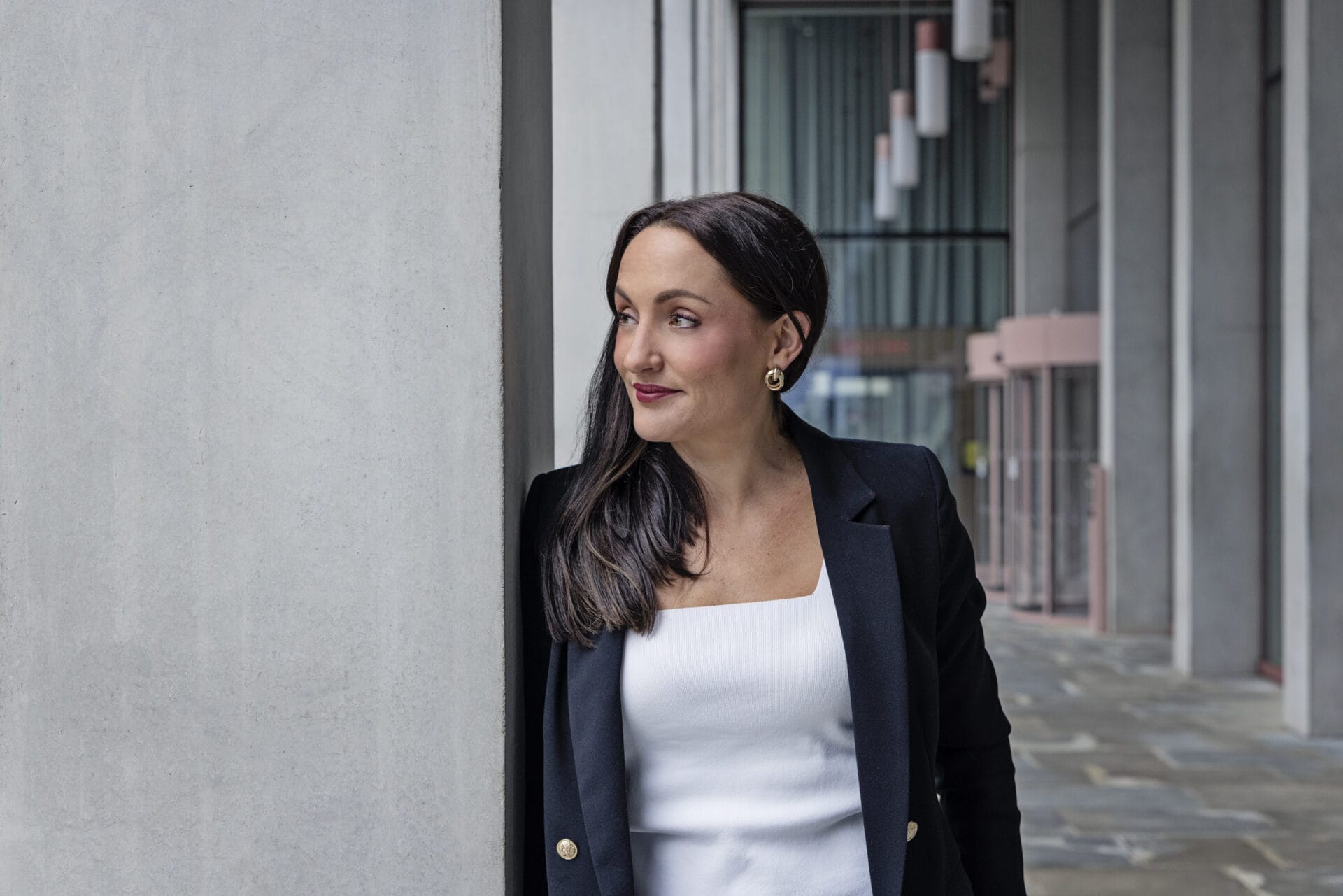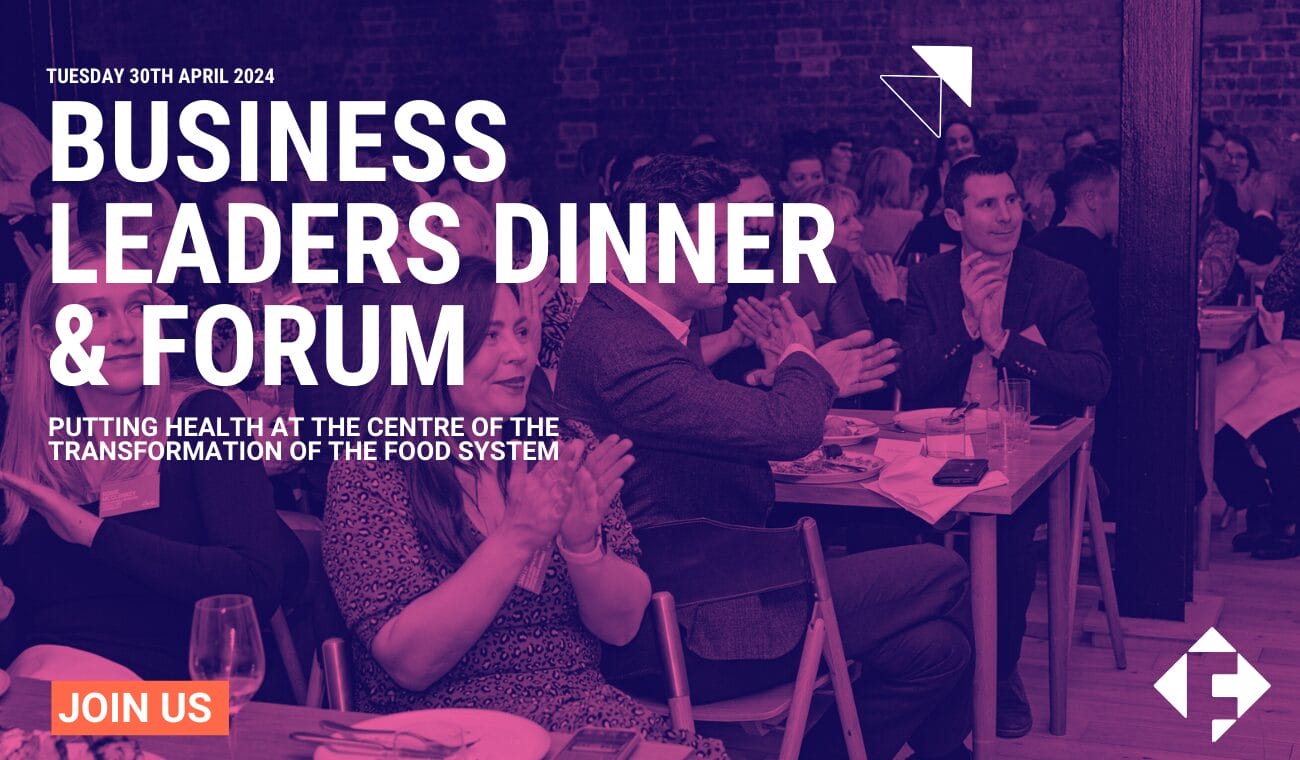On April 4, 2022, the Intergovernmental Panel on Climate Change (IPCC) delivered the third part of its sixth assessment report.
It takes a lot for the Secretary General of the UN to get angry, and his tweet yesterday was pretty damning “the latest IPCC report is a litany of broken climate promises. Some government & business leaders are saying one thing, but doing another. They are lying. It is time to stop burning our planet.” But it’s the rage we need to see.
Keeping temperatures down will require massive changes to energy production, industry, transport, our consumption patterns, behaviour change and the way we treat nature.
The food industry is facing critical, urgent “fires” everywhere, supply chain, brexit, covid, labour, price hikes…however tackling the climate crisis remains non-negotiable and will become a roaring inferno if we don’t keep pushing forward on climate action compared to the current fires the industry is facing.
Research states that the next few years are critical, because if emissions aren’t curbed by 2030, it will make it pretty much impossible to limit warming later this century. I know that seems far off, but pretty sure most of us still plan to be here if not the legacy we will be leaving for loved ones. I can’t help think that the more people become informed, the more people know then surely the more action we will see because the consequences are truly terrifying.
Future Food Movement aims to inform anyone working in the food the industry on the what, the why and crucially, the how to transform. Greening your workforce could and should be our legacy.
It is not enough now to have made the commitments – what is the action plan and are your highest performing teams enabled and empowered to rethink the way you do business this year, in 2 years, in 5 years….by 2030 businesses will not exist if this is not put in place now.
If you don’t have time to read the report, Bill McKibben on twitter nicely summarises:
Basic IPCC formula, in order
- 1) Build massive amounts of (much cheaper now) sun and wind
- 2) Electrify everything to run on it
- 3) Conservation and efficiency
- 4) Research the hell out of the last hard stuff (planes, cement, etc)
- 5) Stop cutting down trees for cows and invest in nature to pull a third of the carbon we produce out of the atmosphere
Business Green also reports that there are two overarching conclusions to be drawn from today’s report: one distressing and one inspiring.
The first is that if 1.5ºC is ‘alive’ it is barely so. No dispassionate business or government should be planning based on the assumption the world is suddenly going to get its act together and get itself on to a 1.5ºC or even 2ºC trajectory. Investment in climate resilience measures needs to increase sharply, planning for an age of volatility and insecurity should be the new normal, the case for negative emissions mechanisms is now sadly unanswerable, moral hazard or no. The future will be littered with unprecedented interlocking crises, stranded assets, and searing injustices. There is nothing to be gained from simply wishing it were not so.
The flipside to this catastrophe is the same as it has ever been. It remains possible to avert the worst impacts and build a better, healthier economy for all.
The second core message from this IPCC report is that the net zero transition can be delivered, the technologies work, the economics stack up we just need humanity to take action.
We recommend you read:
https://www.ipcc.ch/report/ar6/wg3/
https://www.bbc.co.uk/news/science-environment-60984663.amp
https://www.theguardian.com/environment/2022/apr/04/its-over-for-fossil-fuels-ipcc-spells-out-whats-needed-to-avert-climate-disaster
Spread the word and encourage your networks to join Future Food Movement, a climate action community on a mission to inform, empower and connect the food and drink industry to deliver a climate-smart future, please email the team if you’d like to join us ffm@veris-strategies.co.uk

